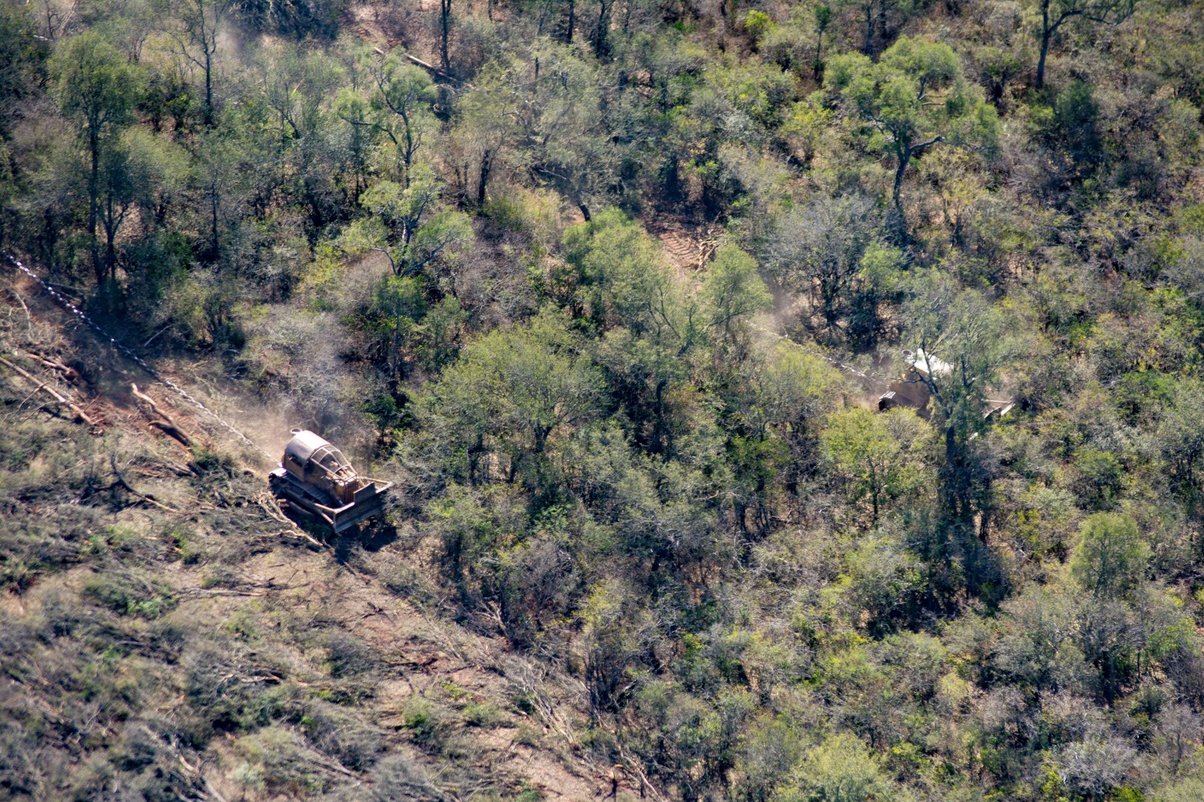New investigation suggests EU trader Traxys buys conflict minerals from DRC
Analysis of trade data and testimonies suggest a significant proportion of coltan bought from Rwanda by multibillion-dollar company is connected to the ongoing war in east DRC

Trending investigations
-

How the militarisation of mining threatens Indigenous defenders in the Philippines
With skyrocketing global demand for critical minerals – vital to the green energy transition – Indigenous groups and biodiversity are at risk in the Philippines. 03 December 2024
-

Myanmar's poisoned mountains
The toxic rare earth mining industry at the heart of the global green energy transition. 09 August 2022
-

Sunk costs: A mega-airport in the path of climate disaster
Flights from one of the world’s largest airport projects may be grounded within 30 years due to the risk of sinking land and rising sea levels. 27 January 2025
Climate crisis in focus
-

The critical minerals scramble: How the race for resources is fuelling conflict and inequality
While Trump zeroes in on embattled Ukraine's critical mineral reserves, conflict and inequality clash with efforts for a just energy transition across the globe
-

How can we hold companies responsible for the damage they cause?
Irresponsible companies are causing environmental destruction and human rights abuses around the world – but there is action we can take to stop them
-

What is climate disinformation?
Climate disinformation is hindering our ability to combat the gravest threat of our time
Defending our planet's frontline
Latest articles

Santander backed major South American deforester Cresud despite net zero pledge
Argentinean “agricultural real estate” company Cresud is responsible for deforestation three times the size of Madrid and significant carbon emissions

TikTok algorithm continues to push multiple times more far-right content to users ahead of Romanian election
In the lead up to the second round of Romania’s presidential election, a new investigation by Global Witness suggests that TikTok’s algorithm is serving nearly three times as much far-right content to new, politically balanced users as all other political content
The time for change is now
The climate crisis is no longer an event on the horizon. It’s here, it’s now. Find out how you can support our work to tackle its root causes.


About us
Global Witness is an investigative, campaigning organisation that challenges the power of climate-wrecking companies, and stands with the people fighting back



